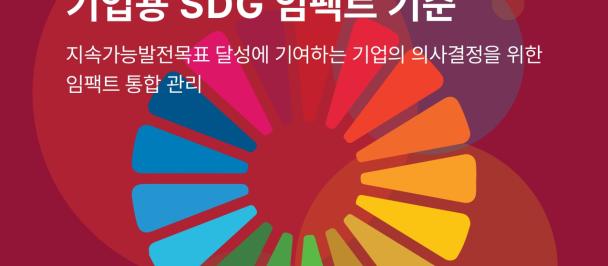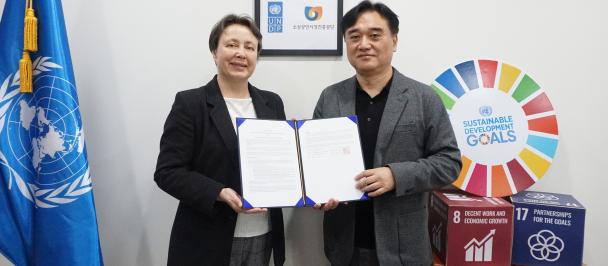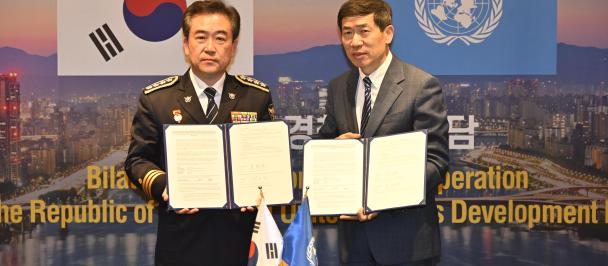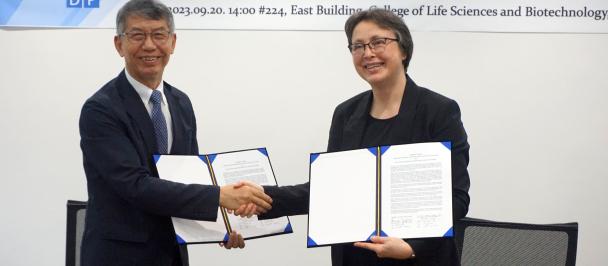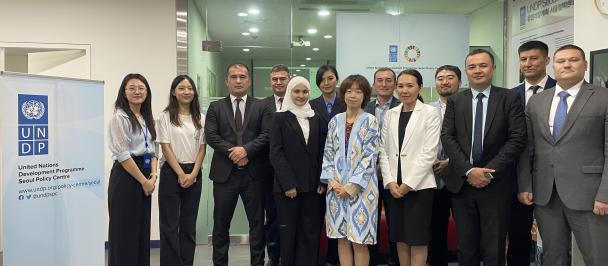Seoul, Republic of Korea, 10-14 June 2019 – UNDP Seoul Policy Centre is hosting a series of international meetings this week on developing police capacity and victim support strategies for gender-based violence (GBV). The events kicked off with a public seminar that showcased real-life testimonies on fighting GBV in the field, followed by an international seminar and expert meeting on 11-12 June, and will close with a two-day technical meeting at the Korean National Police University (KNPU) in Asan on 13-14 June. The meeting was initiated through the Centre’s partnership with KNPU. The event is also supported by the Ministry of Foreign Affairs (MOFA) of the Republic of Korea as part of its ‘Action with Women and Peace’ initiative.
“The initiative was launched by our Foreign Minister Kang Kyung-wha last year to increase the Korean government’s contributions in the area of ‘women, peace, and security’,” said Hyunjoo Oh, MOFA’s Director-General for Development Cooperation. “One of the main objectives of the Initiative is to carry out development cooperation projects for victims to contribute to the elimination of sexual violence in conflict. […] In this context, I believe this week’s international seminar and expert group meeting is extremely timely,” she added.
The police are often the first point of contact for GBV survivors in the formal justice system. The police’s responses have a significant impact on the safety, well-being, recovery, and empowerment of GBV victims, which make strengthening police capacity key to tackling GBV in any context. Yet, many countries cite the lack of police capacity for GBV as a major obstacle, and report cases of secondary victimization by police institutions. In fact, GBV is a global challenge addressed by the Sustainable Development Goals (SDGs), 17 inter-dependent targets set and adopted by all UN Member States in January 2016 for a better and more sustainable future.
The first day’s Public Seminar titled “Fighting Sexual & Gender-Based Violence (SGBV) in Conflict-Affected Societies” on 10 June brought together speakers with extensive field experience who shared inspiring stories and career advice on fighting SGBV and supporting survivors in conflict-affected regions. The panel consisted of practitioners and experts from the UN Department of Peace Operations and from conflict-affected societies, including Iraq, Democratic Republic of Congo (DRC), and Bosnia and Herzegovina. The two-hour seminar attracted more than 100 university students, young adults, representatives from IGOs and NGOs, as well as diplomats and ambassadors, and helped to promote awareness on the issues of GBV in conflict-affected settings around the world.
On 11-12 June, UNDP Seoul Policy Centre gathered practitioners in Korea and international experts on GBV and the rule of law, including policy makers, UN practitioners, and leaders in the police force from a total of 11 countries – Bosnia and Herzegovina, the DRC, Georgia, Indonesia, Iraq, Kazakhstan, Kyrgyzstan, Lebanon, Moldova, Senegal, and Zimbabwe – to deep-dive into experiences and lessons learned on addressing GBV. Participants discussed the challenges and specialized needs of GBV survivors, especially in conflict and post-conflict settings, and highlighted the strategies and mechanisms to maximize victim-oriented support and police capacity.
“The Korean police is continuing its efforts to strengthen its response to gender-based violence through partnerships with civil society and related organizations,” said Sang-Jeong Lee, President of KNPU. “This meeting is an opportunity to reaffirm the gravity of gender-based violence and how it afflicts international communities. We further hope that this event will help establish and institutionalize mechanisms to strengthen police capacities to counter gender-based violence in each and every country.”
A two-day technical meeting will take place in Asan at KNPU, where Korean police experts will provide informative sessions on Korea’s police history and its protocol for GBV cases. In particular, detailed guidelines and procedures will be shared on handling GBV cases involving children and persons with disabilities.
“Around the world, citizens look to the police for protection and justice. For survivors of GBV, the response of police officers critically affects their safety and well-being. This is why our Seoul Policy Centre has been implementing a programme targeting the police officers,” said Artemy Izmestiev, Director a.i. of UNDP Seoul Policy Centre. “In order to make sustainable and long-reaching impact on the quality of services for GBV survivors, it is critical to undertake rigorous institutional reforms and systematically train police forces with a victim-oriented perspective.”
As one of UNDP’s six global policy centres, UNDP Seoul Policy Centre for Global Partnerships supports country-level programmes, policy research & knowledge-sharing, international conferences and trainings, and public outreach initiatives for the achievement of the SDGs. For more than 40 years (1963-2009), UNDP worked with the people and the government of the Republic of Korea. UNDP closed Korea’s Country Office in 2009 as the country joined the OECD Development Assistance Committee (DAC), and subsequently UNDP Seoul Policy Centre was established in 2011 with the objective of building new partnerships between the Republic of Korea and the developing world through UNDP networks.

 Locations
Locations